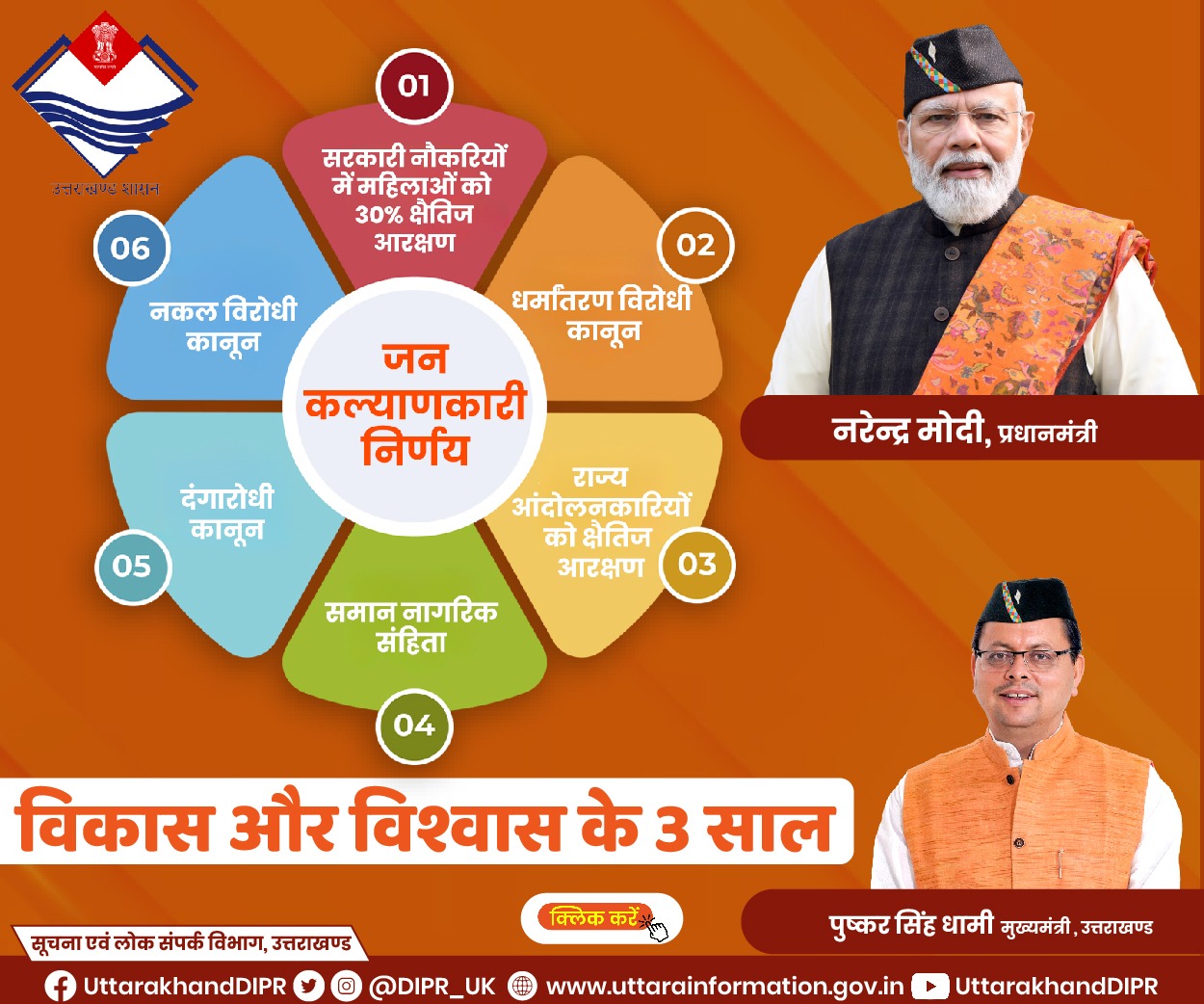Millions of people throughout the world continue to look to Mahatma Gandhi, a towering figure of the 20th century known for his uncompromising commitment to peace and non-violence, as a source of hope and inspiration. His unwavering attempts to free India from British colonial control and his support for nonviolent civil disobedience have forever changed the course of history. Gandhi was remarkably nominated for the Nobel Peace Prize five times, yet he never won this renowned award. In this article, we explore the nuanced and complex causes of this obvious omission.
Gandhi’s nominations for awards
Gandhi was not only nominated once, but five times, thus it is important to realize how puzzling it is that the Nobel Peace Prize was not among his honors. Gandhi’s name was proposed as a candidate for this renowned award in 1937, 1938, 1939, 1947, and just a few days before his sad assassination in 1948. This fact alone demonstrates how significantly he contributed to nonviolence and peace.
Gandhi and the Standards of the Nobel Committee
Gandhi’s nontraditional approach to promoting peace and the conventional categories recognized by the Nobel Committee were at odds, which was one of the main reasons for his exclusion from receiving the Nobel Prize. The committee often looked for possible recipients among politicians, advocates of international law, aid workers, or coordinators of international peace congresses. But Gandhi resisted classification.
Gandhi’s philosophy of nonviolence and peacemaking was unique and ground-breaking. He developed the idea of Satyagraha, which promoted civil disobedience and passive resistance as effective means of bringing about social and political change. His moral and intellectual views were deeply ingrained, making it difficult for the Nobel Committee to assess them in accordance with its predetermined criteria.
Questions about Gandhi’s Pacifism
Gandhi’s unswerving dedication to pacifism in the face of intricate geopolitical crises worried the Nobel Committee. Notably, Gandhi’s unwavering opposition to war was questioned following the India-Pakistan war of 1947. He was too closely associated with one side of the controversy, according to several committee members, which further complicated the decision-making process.
In contrast to today, the Nobel Committee did not have a history of influencing peaceful settlements of regional conflicts through the Peace Prize. Gandhi’s unwavering position on non-violence in a turbulent political environment may have caused the committee to hesitate.
The Problem with Posthumous Recognition
Tragically, Mahatma Gandhi’s life was tragically ended on January 30, 1948, two days before the deadline for nominations for the Nobel Peace Prize for that year. Gandhi posed a special hurdle, even though the Nobel Foundation’s bylaws at the time permitted posthumous awards in certain circumstances. Since he wasn’t connected to any organizations and didn’t leave a will, it was unclear who should get the reward money.
The committee ultimately decided against presenting a posthumous prize, arguing that doing so would contradict Alfred Nobel’s original aims for the award.
Entry from Gunnar Jahn’s diary
An entry in the diary of Norwegian economist Gunnar Jahn, a member of the Nobel Committee, provides an intriguing historical addendum to this tale. Jahn disclosed that the committee had given a posthumous honor for Mahatma Gandhi serious thought. They chose to reserve the reward instead, but they decided against it for procedural reasons. Unexpectedly, the committee decided not to give any of the 1948 award money out the next year.
Remorse and Honor
Subsequent Nobel Committee members have taken note of Mahatma Gandhi’s omission from the list of laureates. The chairman of the committee stated that the awarding of the Peace Prize to the Dalai Lama in 1989 was “in part a tribute to the memory of Mahatma Gandhi.” This acknowledgement demonstrates Gandhi’s legacy’s lasting influence and appreciation, even in the absence of the Nobel Peace Prize.



